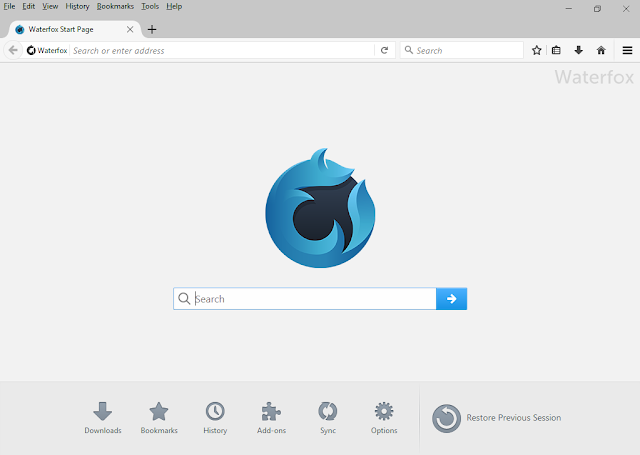

Downloads need to be sorted out still, but the project could become quite interesting to users of browsers based on Firefox code.įirefox users cannot really use it after Firefox 57 and Firefox 59.1 are released you tell him! What I meant by sharing this part of my life is that my neighbor’s behavior is relevant I’m afraid of many users’ reaction, that is those users who never visit technological browser dedicated Websites, who don’t even know that FF57 will bury their legacy add-ons, who will have their 56 updated and discover one morning that their Firefox is a mess, the Win10 syndrome as I call it. The Classic Add-Ons Archive extension for Firefox delivers a catalog of legacy add-ons that you can search and browse locally.

The only options that users have are to install comparable extensions if available, or hope that the add-on author or another developer will release a version that is based on the WebExtensions system. Installed legacy add-ons are disabled automatically, and cannot be enabled anymore. Note: There is a switch to enable legacy add-on support in Firefox, but it is not really practicable as many add-ons won't function anymore because of removed components in Firefox. What that means is that Firefox users won't be able to use or install legacy add-ons anymore once their version of the browser hits version 57.

Mozilla will abandon the legacy add-on system with the release of Firefox 57.

It is also unclear how Mozilla will handle legacy add-ons on AMO once the move to WebExtensions exclusivity completes. This can be the case when developers delete extensions for instance. This is necessary as add-ons may get deleted from Mozilla AMO frequently. A search is built-in as well, and it returns results very fast as well.Ĭurrent downloads point to Mozilla's AMO website, but work is underway to create an independent repository for these add-ons. The browsing is ultra-fast, and you can sort extensions using filters or categories. Add-on downloads are not included in the add-on directly however, as it would be impracticable to do so. You can browse it locally which really speeds up the browsing. The archive is more or less the classic Mozilla Add-ons website. The add-on adds a single icon to the Firefox address bar that, when clicked, opens the archive. The add-on can be installed in development versions of Firefox, and probably also in other browsers based on Firefox code.It is quite large, with more than 30 Megabytes, but that is justified considering that it is a local archive of Mozilla AMO. The current version of the catalog lists 16706 Firefox add-ons that developers created over the past 14 years based on Firefox's XUL/XPCOM technology.


 0 kommentar(er)
0 kommentar(er)
